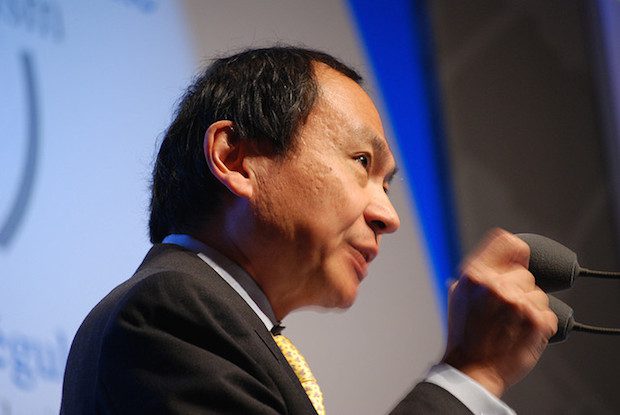

Post-Qaddafi Libya where there is no single, central source of authority that can provide security or the conditions for individuals to flourish. He points out that most countries today face one (or more) of three challenges as it relates to political institutions. It is a habit that exists not at the level of a single individual, but a group. It is stable and persists beyond an individual human lifespan. The British Parliament persists even though its members come and go.

People attempting to predict the future often get lots of that equation wrong, but reading more history helps with the historian part and the epistemic humility part so it’s overall pretty useful.įor many of us, political and geopolitical institutions have become much more central in recent years and I think it’s important to understand the history of political institutions if one wants to have some understanding of where things may go in the future.įrancis Fukuyama’s Origins of Political Order is one of the most insightful books on understanding what’s going on today in geopolitics and political systems that I’ve read.Īt the core of Fukuyama’s thinking is the notion of an institution as a “stable, valued, recurring patterns of behavior that persist beyond the tenure of individual leaders.” My recipe for a good forecaster is two parts historian blended with one part technologist served over three cubes of epistemic humility garnished with plenty of skin in the game.

The future contains more possibilities than the past, but that means that it at least contains all the possibilities of the past so understanding those is a pretty good starting point. However, it is all the data that we have.

As Vonnegut said, “History is merely a list of surprises, It can only prepare us to be surprised yet again.” All that means is that we don’t know what the future holds, but we know it won’t look exactly like the past. It is merely all the data because history is a non-ergodic process.


 0 kommentar(er)
0 kommentar(er)
